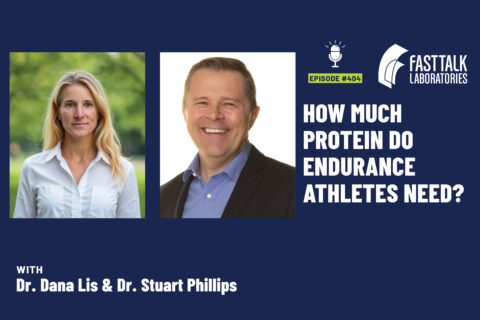
How Much Protein Do Endurance Athletes Need?
One of the Top Experts in the world on protein joins us to talk about why athletes need protein and whether we’re getting too much or too little.
Nutrition is a critical component to performance and health. And when it comes to racing and training, the best endurance athletes understand that the right strategy—detailing the quantity and types of food that will best fuel your body for maximal performance—can make the difference between success and failure.
Need more help with your sports nutrition? Talk with our sports nutritionists.

One of the Top Experts in the world on protein joins us to talk about why athletes need protein and whether we’re getting too much or too little.
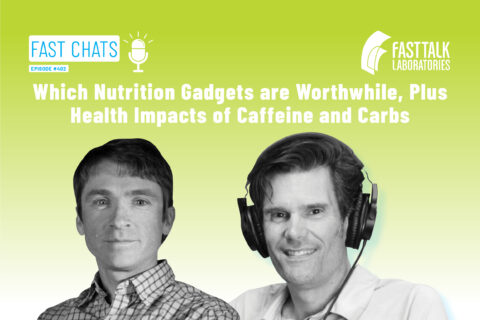
Athletes can now perform sweat analysis, check skin temperature, and monitor insulin in the field. But should they? We review the latest in nutrition technologies. We also talk about the potential adverse impacts of carbohydrates and caffeine on our health.
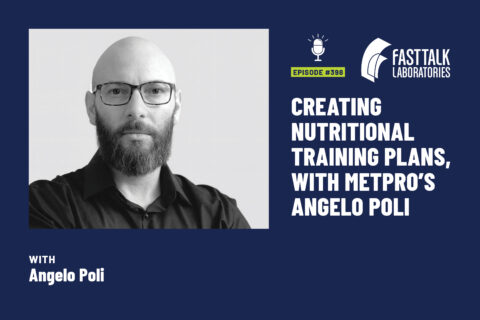
As athletes, we understand the need for training plans, but have you ever considered applying the same principles to your nutrition? This episode discusses how it’s done.
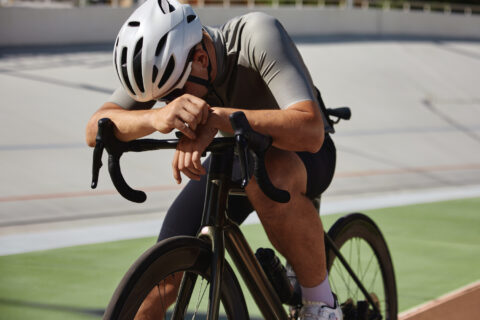
Athletes who can’t do workouts or often bonk during races might be chronically under-fueled. This course featuring Dr. Emily Kraus and Siren Seiler-Viken teaches coaches how to spot the warning signs, understand the science, and use proven strategies to keep your athletes healthy, resilient, and performing at their best.
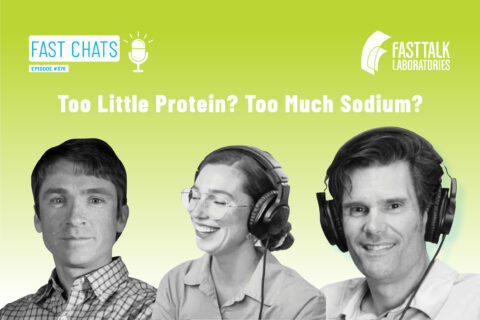
Two nutritional trends have serious health and performance consequences. We discuss the why, what, and how of protein and sodium intake.
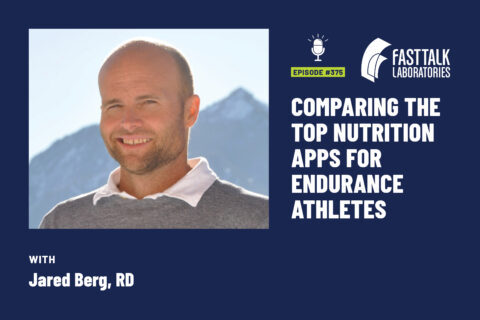
In this episode, we explore how endurance athletes and coaches are using today’s top nutrition apps—and what to consider before relying on them.
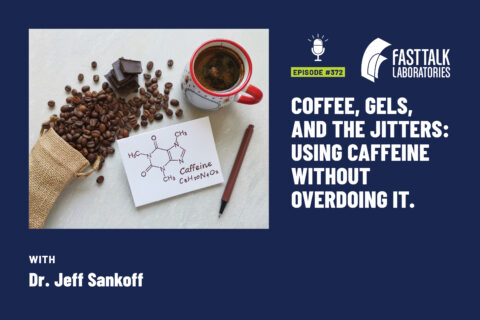
In this episode we explore the science of caffeine in endurance sports—when it helps, when it doesn’t, and how to use it wisely.
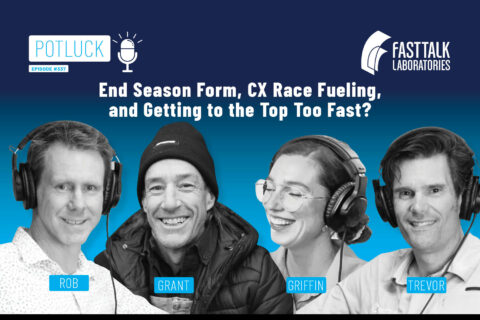
We discuss a host of questions, from how to get a little more out of your form in autumn, to fueling needs for short races like cyclocross, and why so many female athletes seem to excel when entering sports later in life.
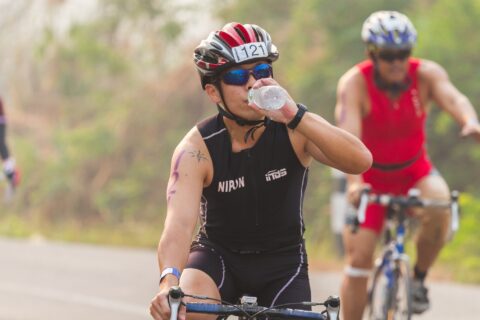
Prime yourself for peak performance by knowing when and how much to fuel in your training and racing.

When this pro athlete stopped restricting nutrition and fueling in favor of a higher-carbohydrate diet, she was surprised by the result.
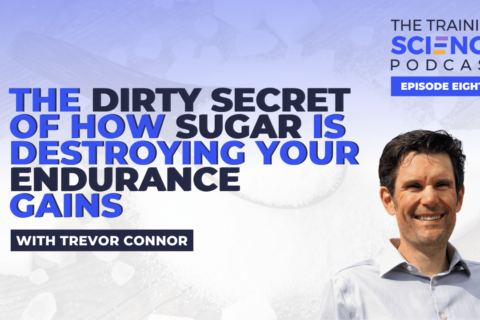
Coach and Fast Talk Labs co-founder Trevor Connor explains the long-term effects of sugar intake on athlete performance with Dr. Paul Laursen.
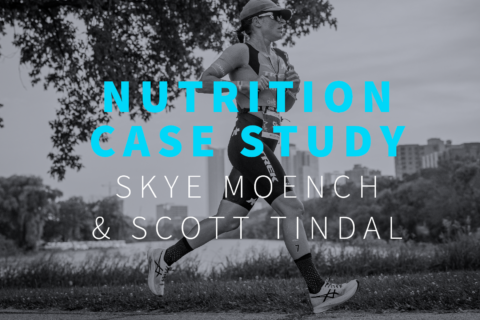
Ensuring athletes are properly fueled will do better for their performance than trying to hit a number on a scale.
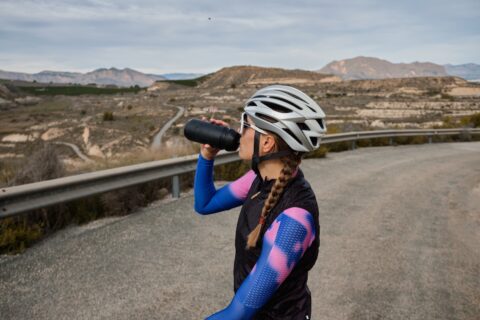
Use these formulas to determine your calorie and carbohydrate needs according to your unique physiology and demands of the event.
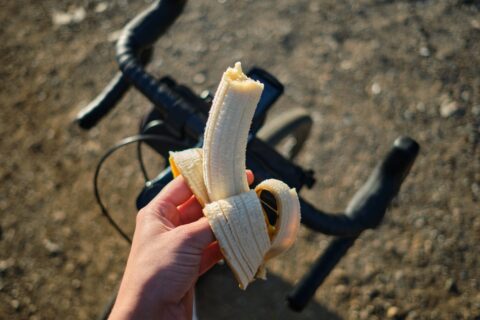
For years we have been told to load up on carbs prior to an event, yet eat very little during competition. Recent research has shown that athletes can ingest more carbohydrate during training and competitions than previously thought.
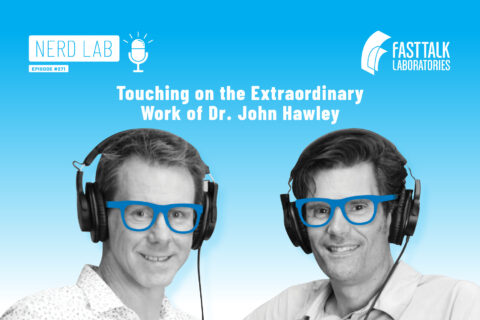
We dive into the work of Dr. John Hawley – he has produced many seminal studies and papers in exercise science since the 1990s. Today, we wilk look at a few of his key papers on carbohydrates and how we adapt.
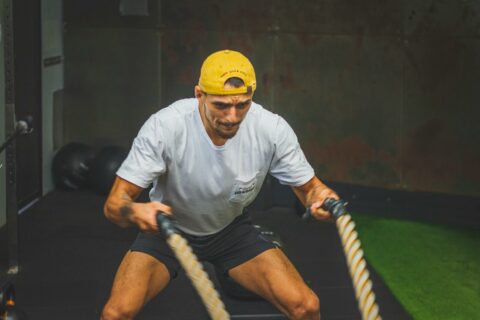
As athletes get older, hormone levels shift, disrupting how the body manages glucose and insulin and inviting a slow creep of excess weight.

Today’s athletes need to discern whether changes in body composition are just part of getting older or if the body is becoming intolerant of carbohydrate.

We chat with high-performance sports dietitian and researcher Dr. Dana Lis about how female athletes can get the most from their nutrition.